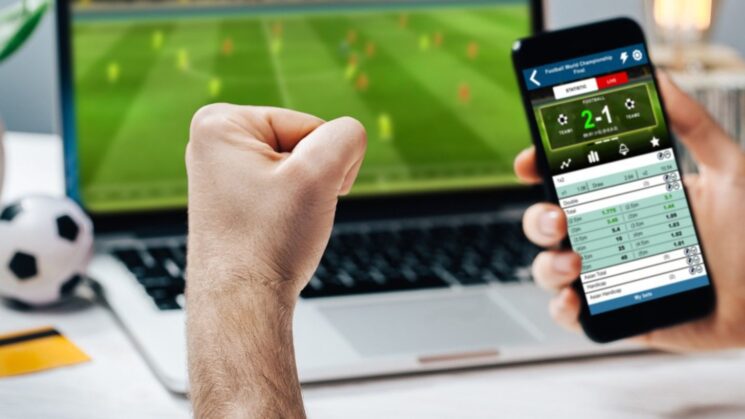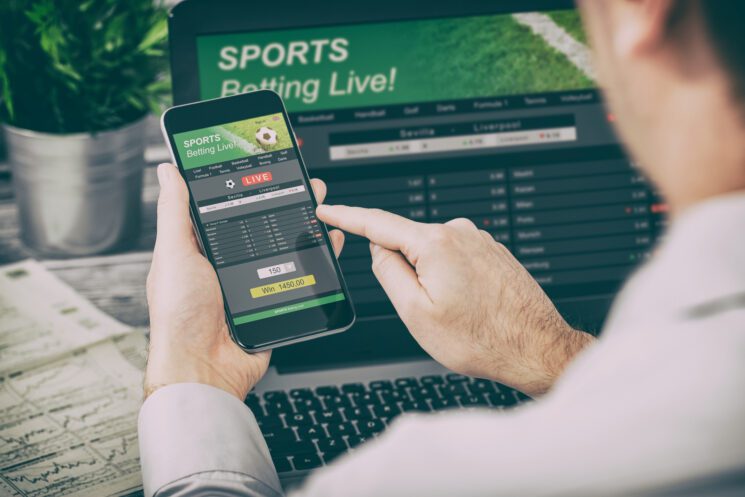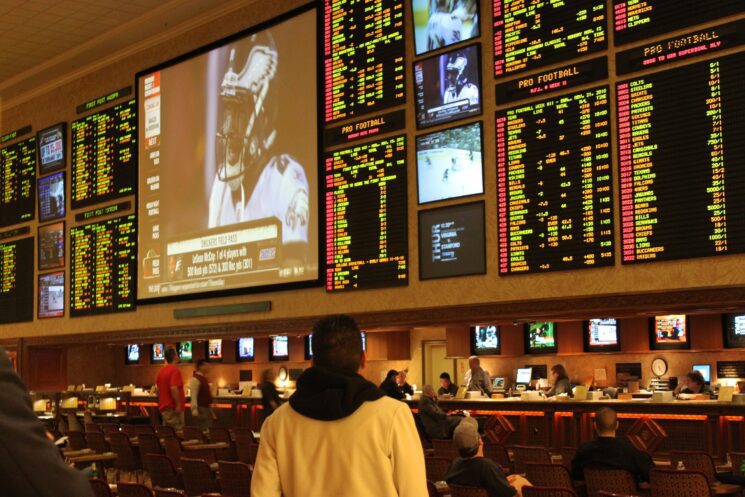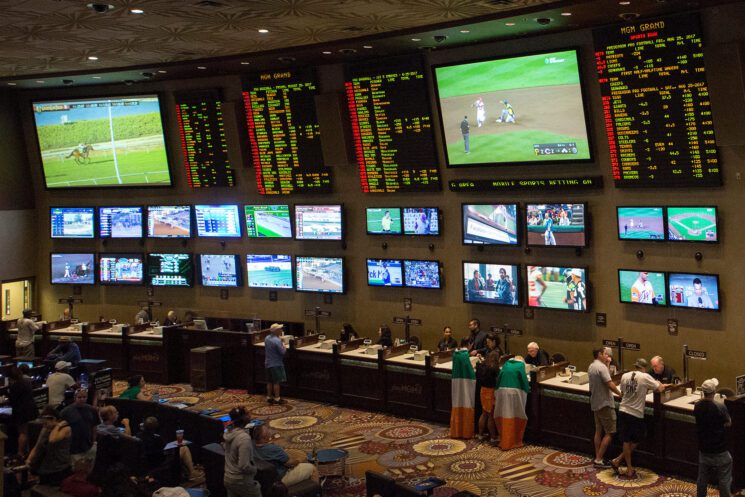Sports betting revolves around odds, which are the numerical representation of the probability of an event occurring. Bookmakers play a pivotal role in the betting industry, as they are responsible for setting the odds.
In this blog, we will delve into the intriguing world of bookmakers and explore the methods they employ to determine odds. By understanding this process, you can gain valuable insights into how to analyze odds and make informed betting decisions.
In This Post
The Role of Bookmakers in Sports Betting

Bookmakers, also known as sportsbooks or bookies, are entities that facilitate judi bola online by creating and offering odds on various sporting events. They act as intermediaries between bettors and ensure a balanced book, where they make a profit regardless of the outcome.
Factors Considered by Bookmakers

- Historical Data and Statistics: Bookmakers rely on extensive historical data and statistical analysis to assess the probability of specific outcomes. They examine team and player performance, head-to-head records, recent forms, injuries, and other relevant factors. This analysis provides a foundation for establishing the initial odds.
- Market Demand: Bookmakers also consider the demand for a particular event or market when determining odds. Popular events or teams may attract more betting activity, which can influence the odds. Bookmakers aim to balance the odds to minimize their risk exposure and ensure a fair market.
- Public Perception and Bias: Bookmakers take into account public perception and bias when setting odds. They anticipate that casual bettors may favor popular teams or well-known athletes, which can lead to skewed betting patterns. Adjustments are made to balance the odds and mitigate the impact of public sentiment.
Odds Calculation Methods

- Probability Conversion: Bookmakers start by determining the implied probability of an event. Implied probability is the bookmaker’s estimate of the likelihood of an outcome based on the odds offered. To calculate the probability, bookmakers use the following formula:
Probability = 1 / Decimal Odds
For example, if the odds for a team winning are 2.5 (fractional odds of 3/2 or American odds of +150), the calculation would be:
Probability = 1 / 2.5 = 0.4 (or 40%)
- Margin or Overround: Bookmakers add a margin or overround to the implied probabilities to ensure a profit margin. The margin represents the bookmaker’s commission and is incorporated into the odds. The higher the margin, the lower the odds offered to bettors. The margin varies across different sports and events, with popular markets often having lower margins due to increased competition.
Odds Formats

Bookmakers present odds in various formats, including fractional, decimal, and American odds. These formats cater to different regions and preferences. Understanding the different formats is essential for bettors to interpret odds accurately.
Reacting to Market Dynamics

Once the initial odds are released, bookmakers monitor the betting market closely. They analyze the betting patterns, monitor the volume of bets placed on different outcomes, and adjust the odds accordingly. Bookmakers aim to balance the book, ensuring a profit regardless of the outcome, while also responding to changes in public sentiment.
Technology and Data Analysis

Advancements in technology have revolutionized the way bookmakers operate. They now have access to sophisticated data analysis tools, algorithms, and models that aid in setting accurate odds. Automated systems help process large volumes of data and provide real-time insights, enabling bookmakers to make informed adjustments swiftly.
Conclusion
Bookmakers play a crucial role in sports betting by creating and offering odds on various events. Their determination of odds involves a comprehensive analysis of historical data, statistical modeling, market demand, public perception, and the application of a margin. Understanding the methods employed by bookmakers allows bettors to evaluate odds more effectively and make informed betting decisions. As the betting industry continues to evolve, bookmakers rely on technology and data analysis to enhance their odds-setting processes, ensuring a dynamic and engaging experience for sports bettors worldwide.